A World Bank team, led by Prof Olukayode Oladipo, recently concluded a site visit to a riparian project on the banks of River Katsina Ala in Katsina Ala Local Government Area of Benue State. The visit was part of a Hybrid Implementation Support Mission focused on assessing the progress and impact of the Agro-Climatic Resilience in Semi-Arid Landscapes (ACReSAL) project. The Benue ACReSAL Project embarked on the riparian intervention to address environmental challenges and promote sustainable development in the region.
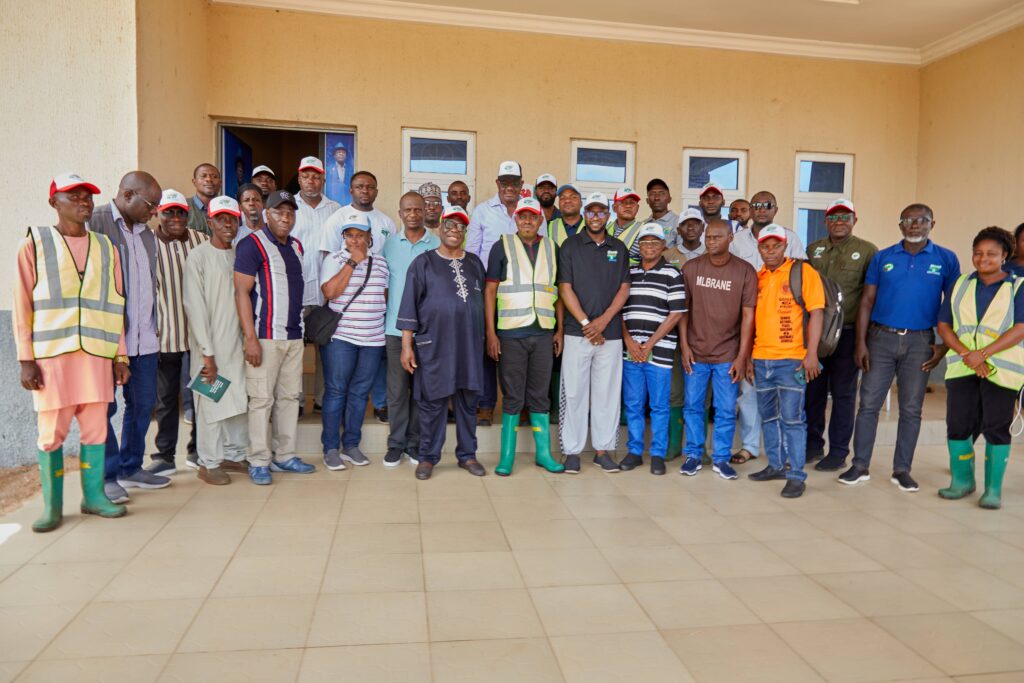
The project leverages planting bamboo and Tenera palms along the riverbanks to deliver many benefits, including Erosion Control, which will prevent soil erosion and protect valuable land from degradation. For water filtration, it aims at improving water quality by filtering pollutants and sediments, as well as Habitat Protection that provides crucial habitat for diverse plant and animal species, contributing to biodiversity conservation. Other benefits include Flood Mitigation: Reducing the risk of flooding and protecting communities from the devastating impacts of extreme weather events. Sustainable Agriculture: Promoting sustainable farming practices that enhance soil health and productivity. Carbon Sequestration: Capturing and storing atmospheric carbon dioxide, contributing to climate change mitigation efforts. Economic Empowerment: Creating livelihood opportunities for local communities through sustainable resource management and agricultural development.
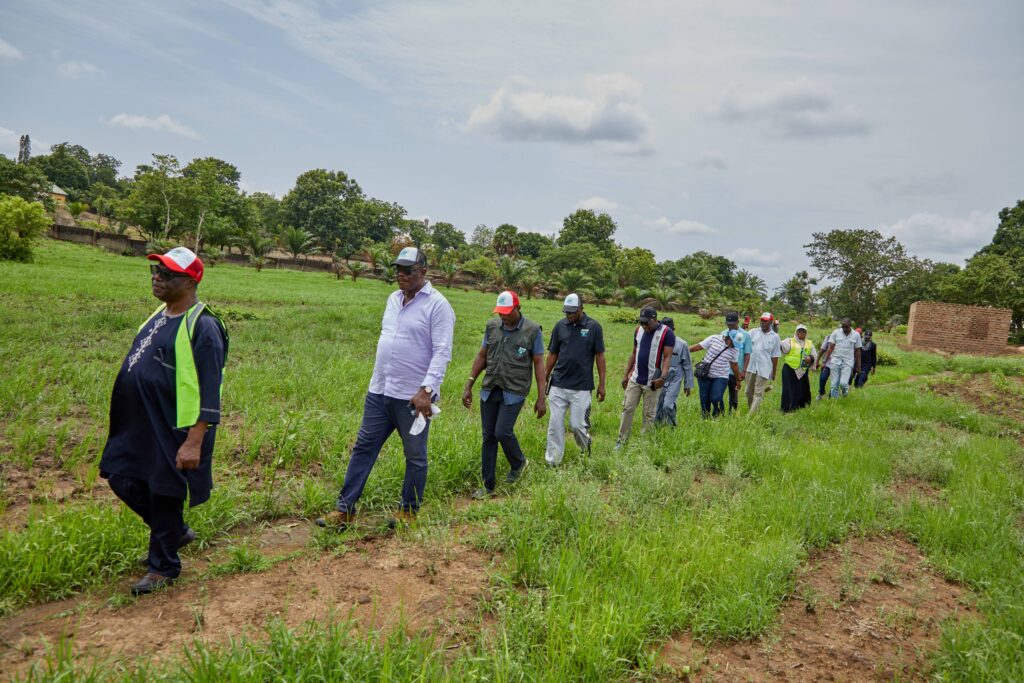
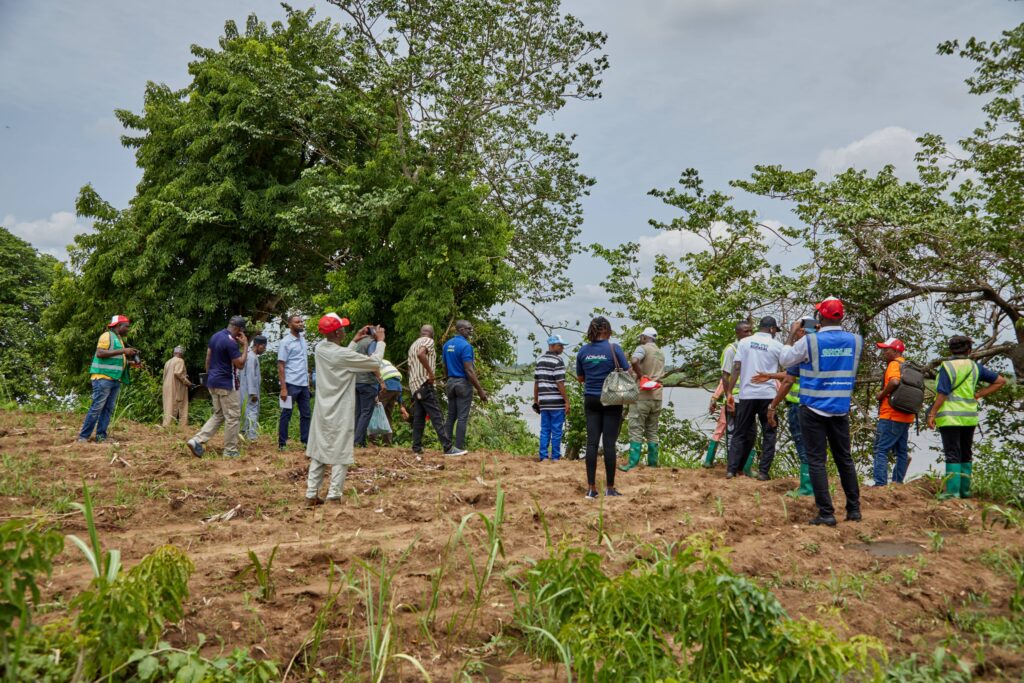
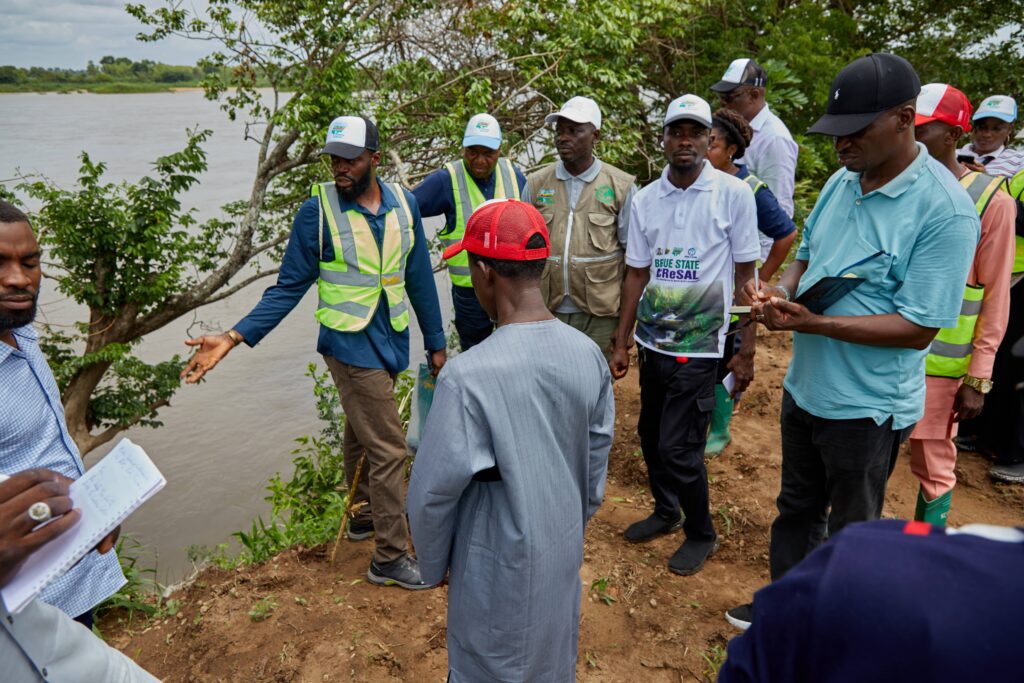
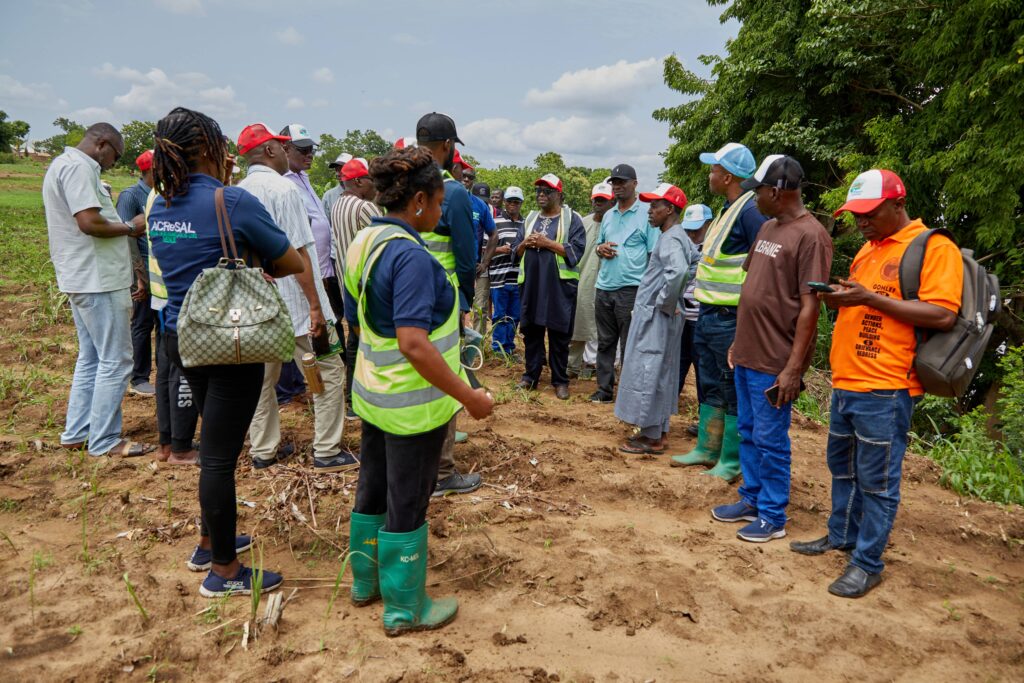
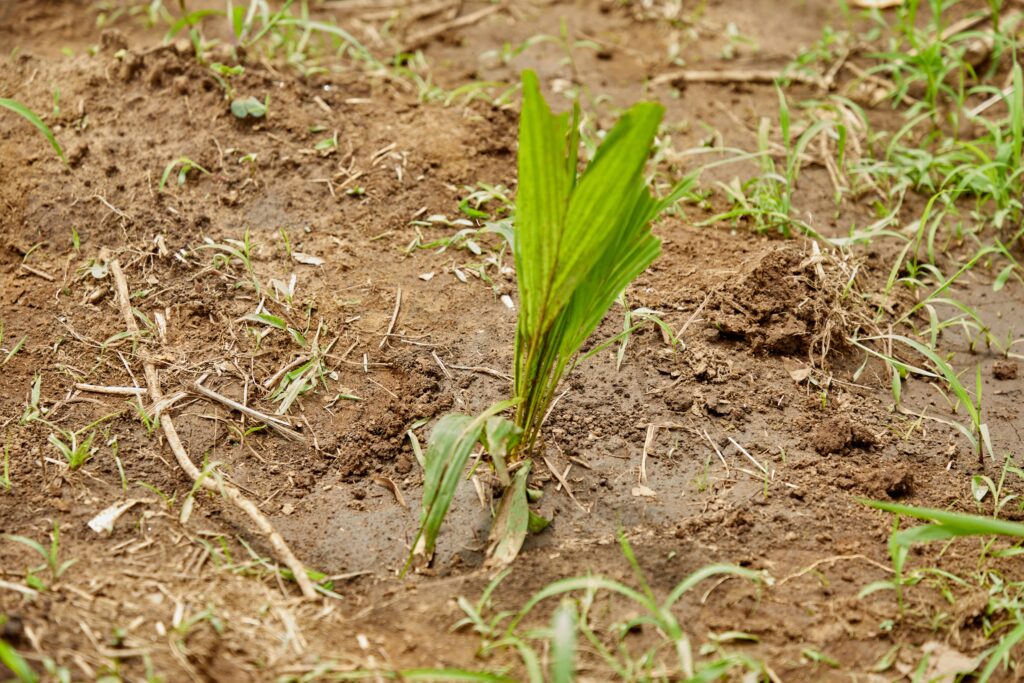
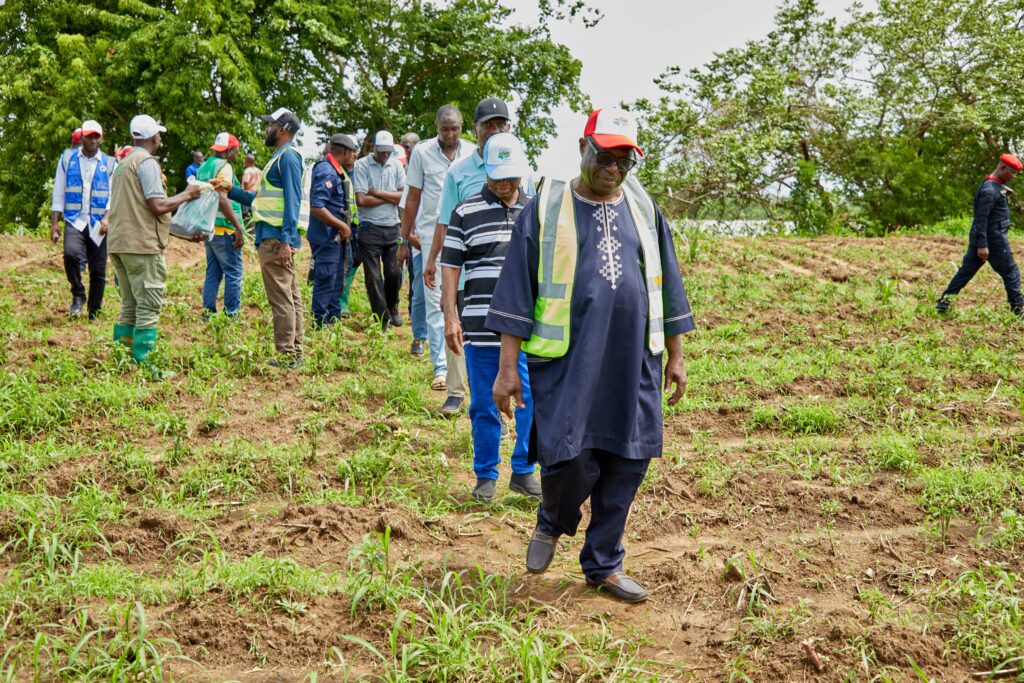

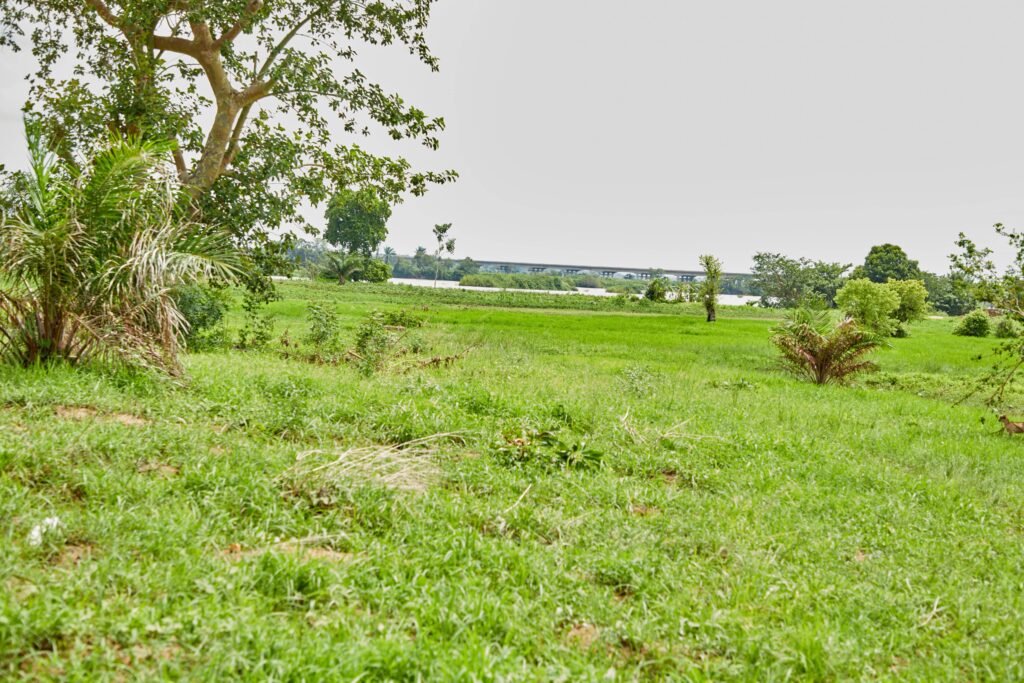
During their visit, the World Bank team was warmly received by the Chairman of Katsina Ala Local Government Area, Hon. Shanku, at his residence. Hon. Shanku emphasized the significant benefits that the ACReSAL Project has brought to the people of Katsina Ala, highlighting the transformative impact of the initiative on the lives of community members. “The ACReSAL Project has been a game-changer for our people,” Hon. Shanku stated.
“From the provision of a tractor for farming activities, the numerous solar-powered boreholes providing access to clean water, the extensive plantation of hectares of Tenera palms, to the Community Revolving Funds that support the livelihoods of our most vulnerable groups, the impact of this project is undeniable.”
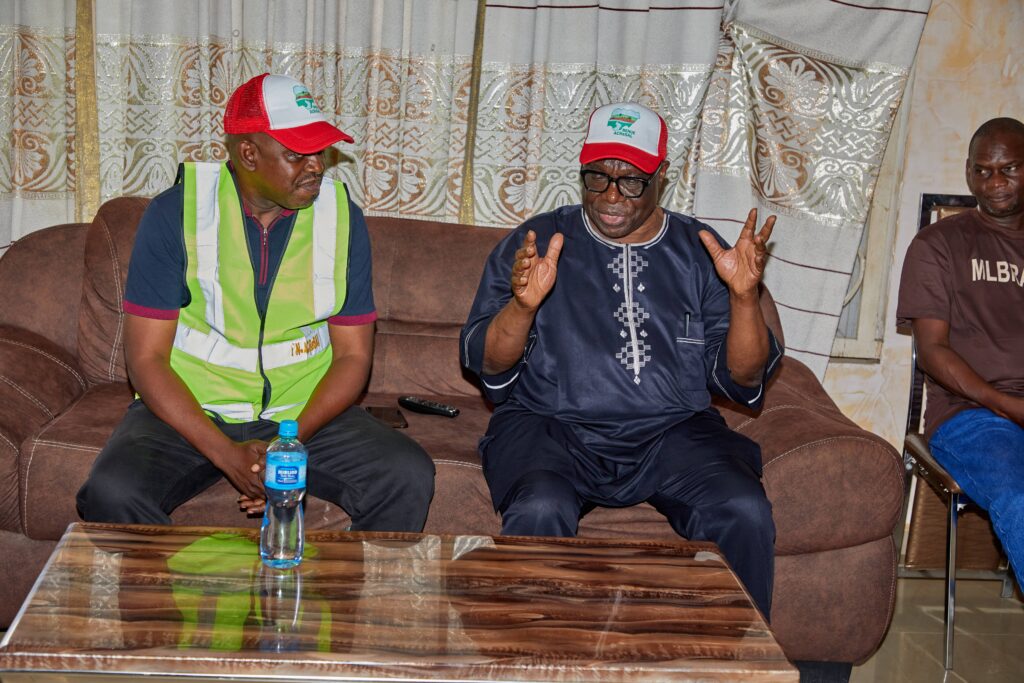
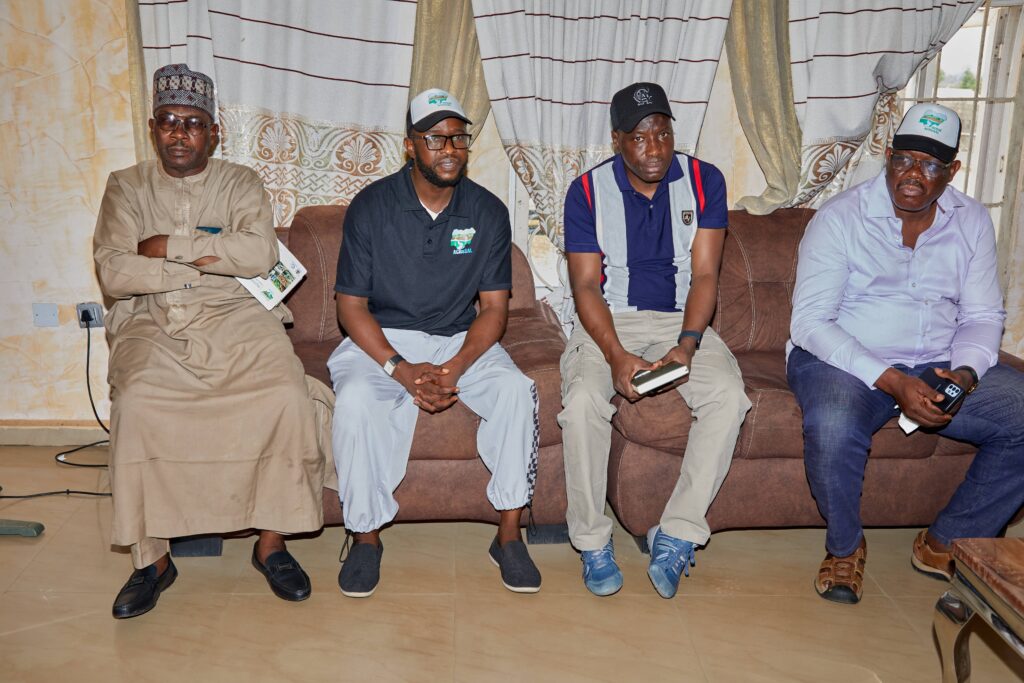
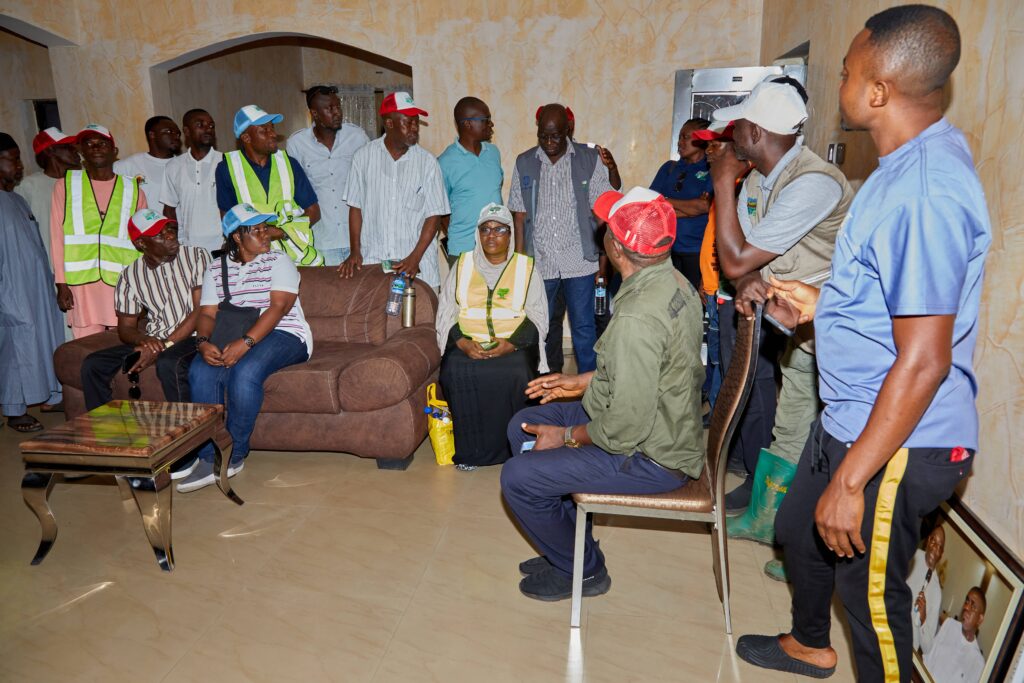

The team then proceeded to visit the Akata community, where they interacted with residents who are direct beneficiaries of the project’s activities. The community members, many of whom had been employed during the planting of the bamboo and Tenera palms along the riverbank, expressed their gratitude for the opportunities provided by the ACReSAL Project. Kindred Head of Aketa, Chief Akirga Wanhwange, welcomed the team and conveyed the community’s heartfelt appreciation for the project’s intervention.
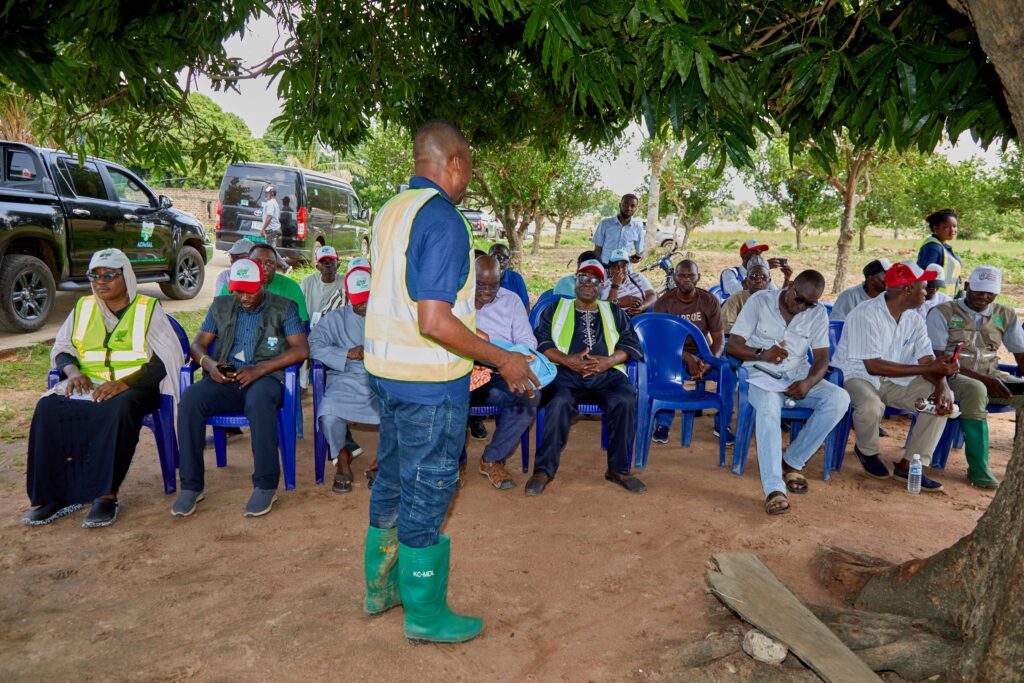
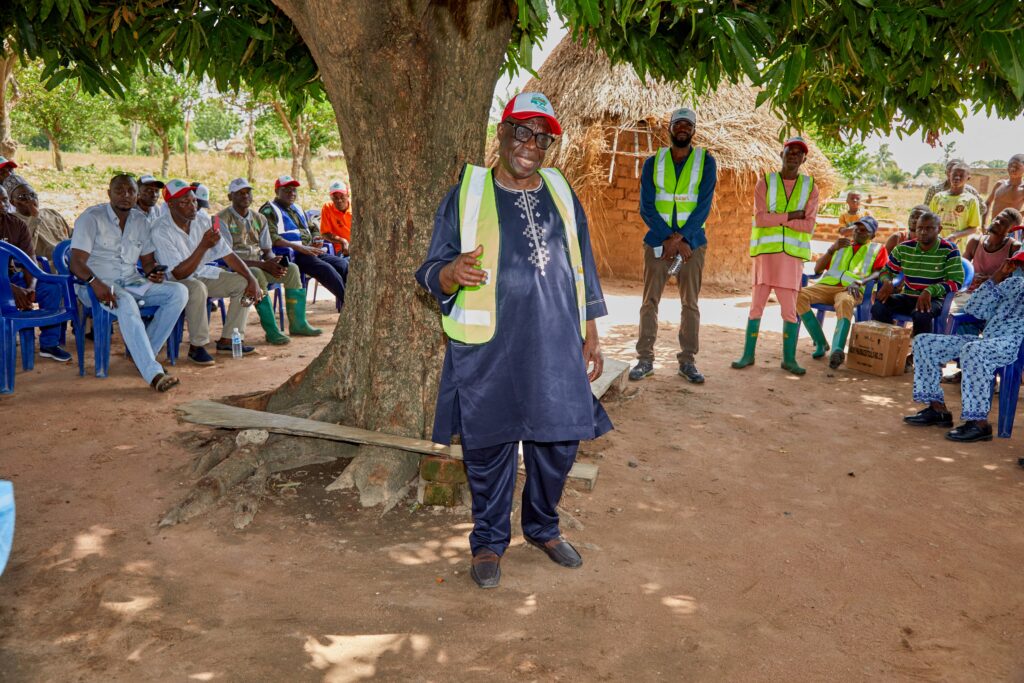
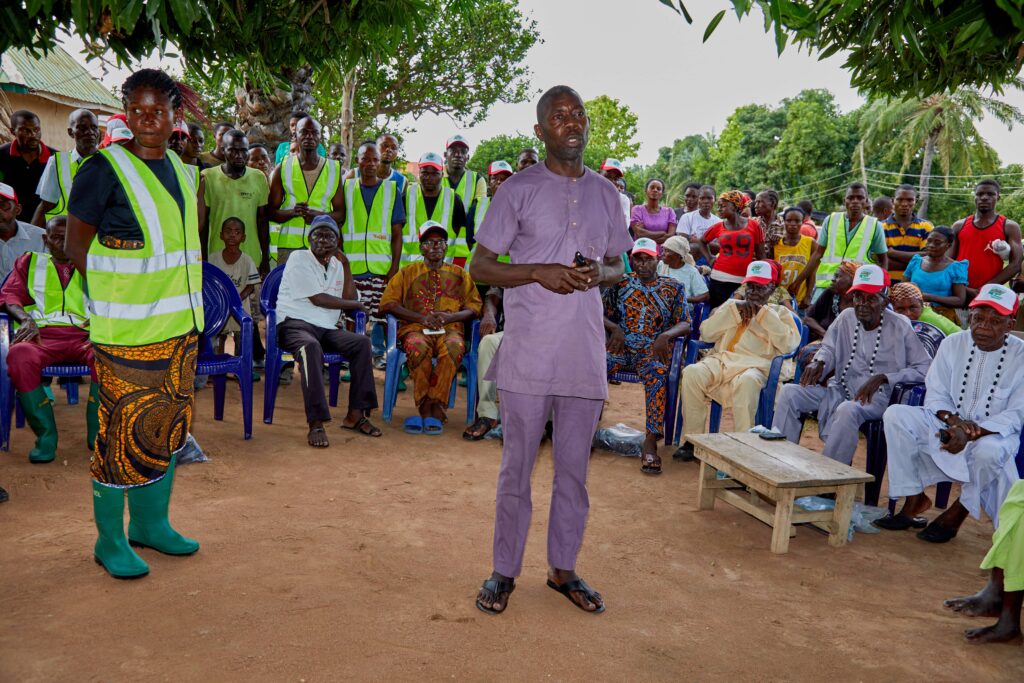
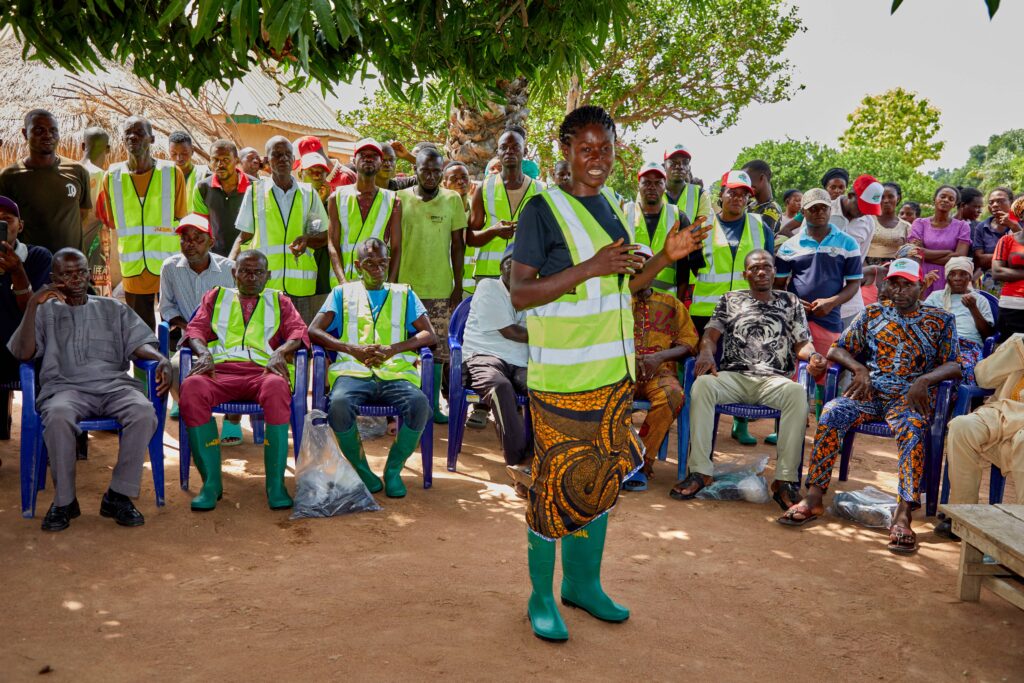
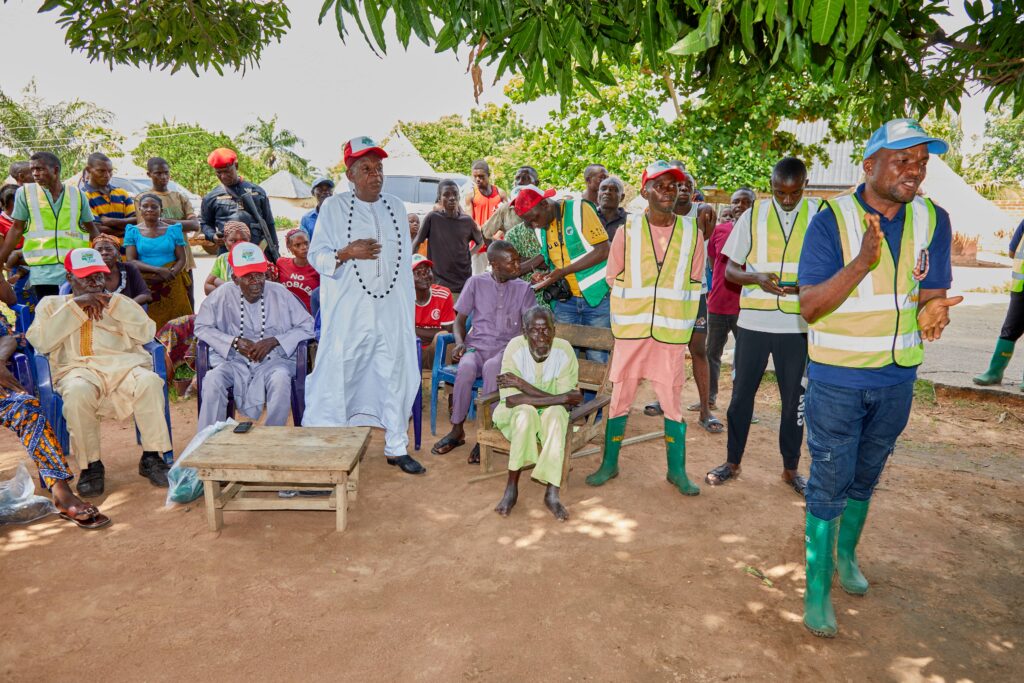
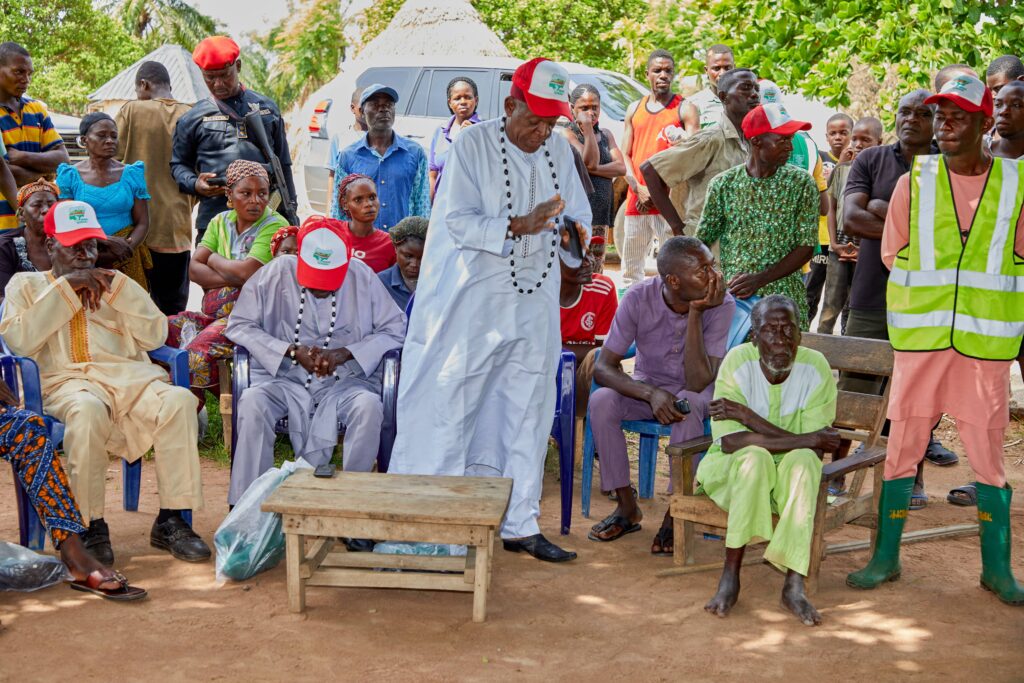
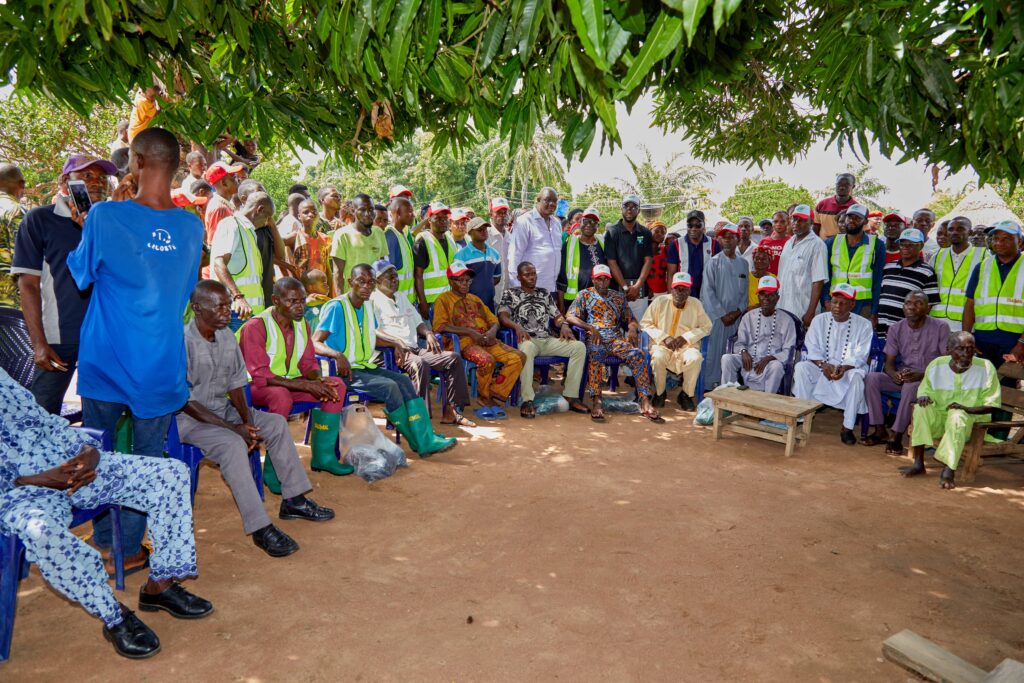
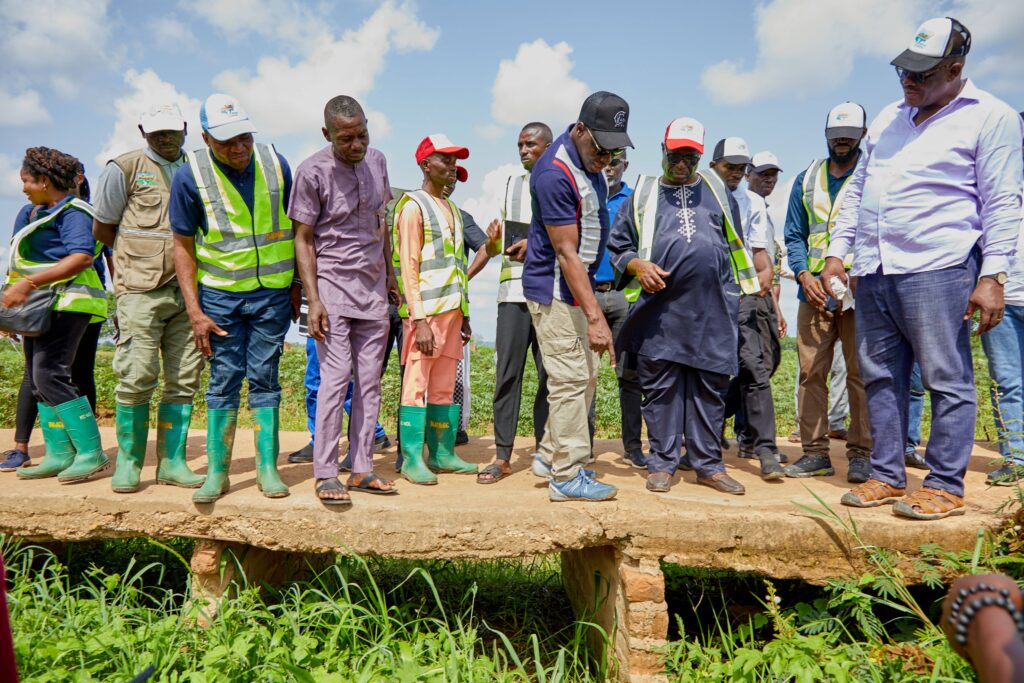
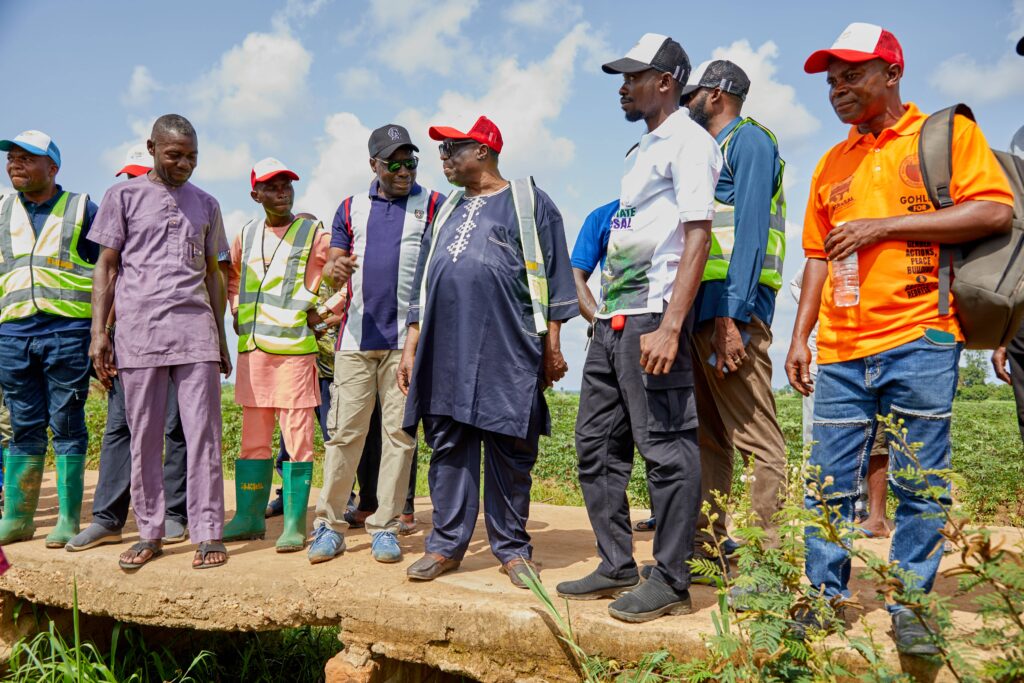
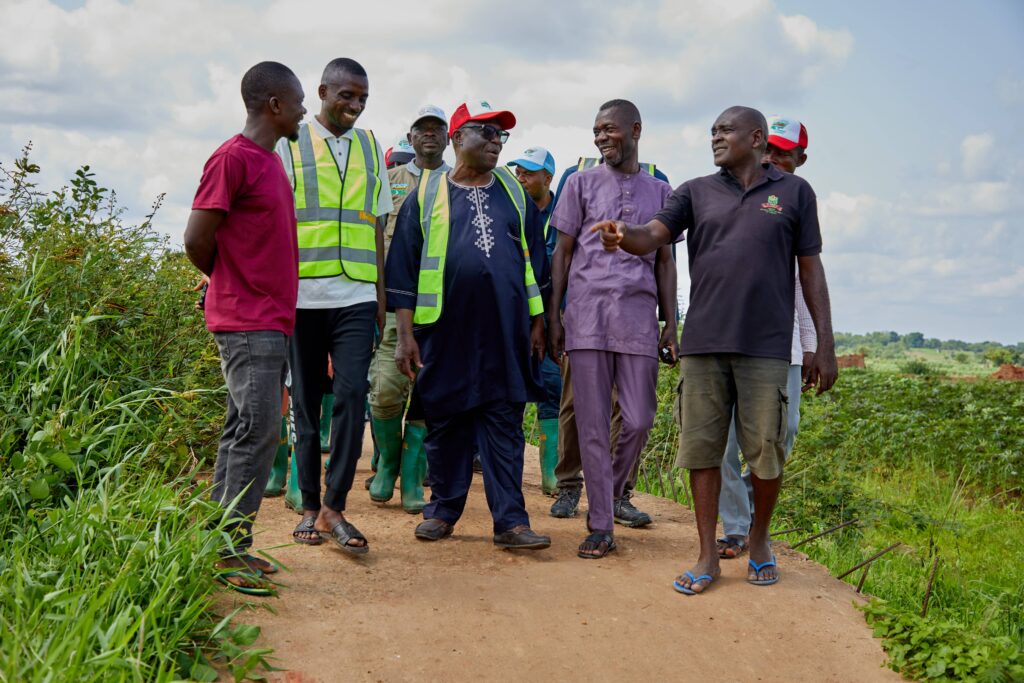
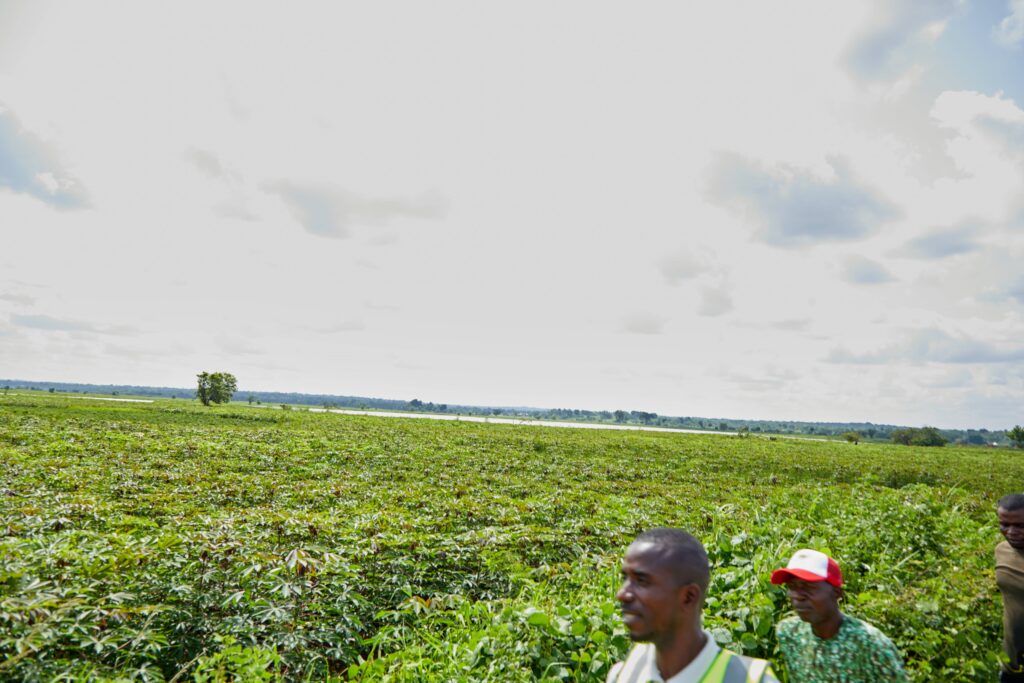
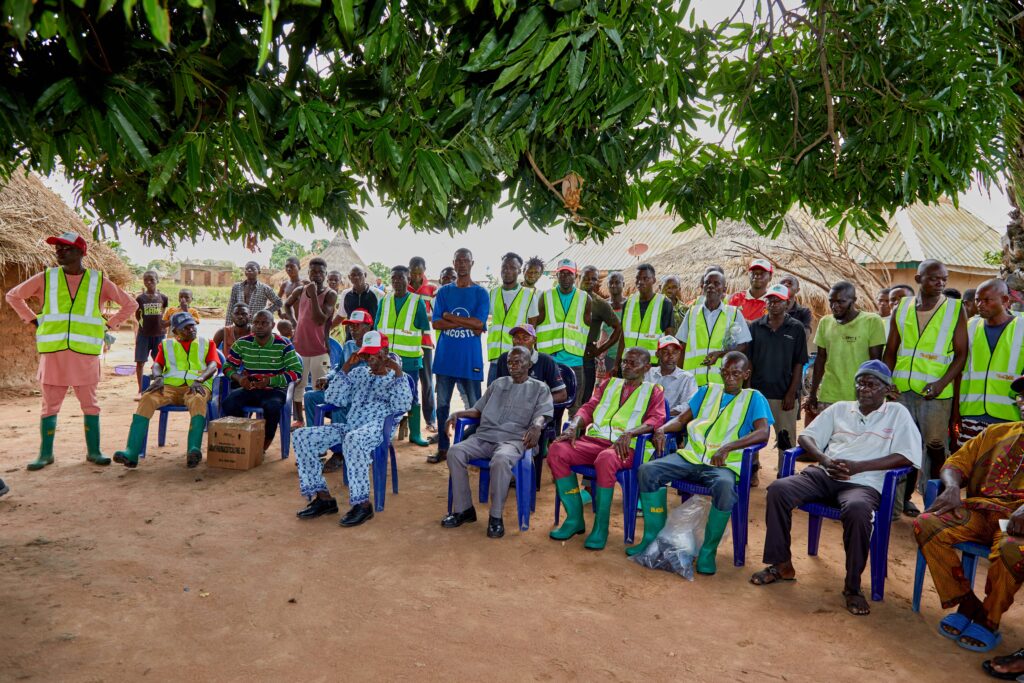
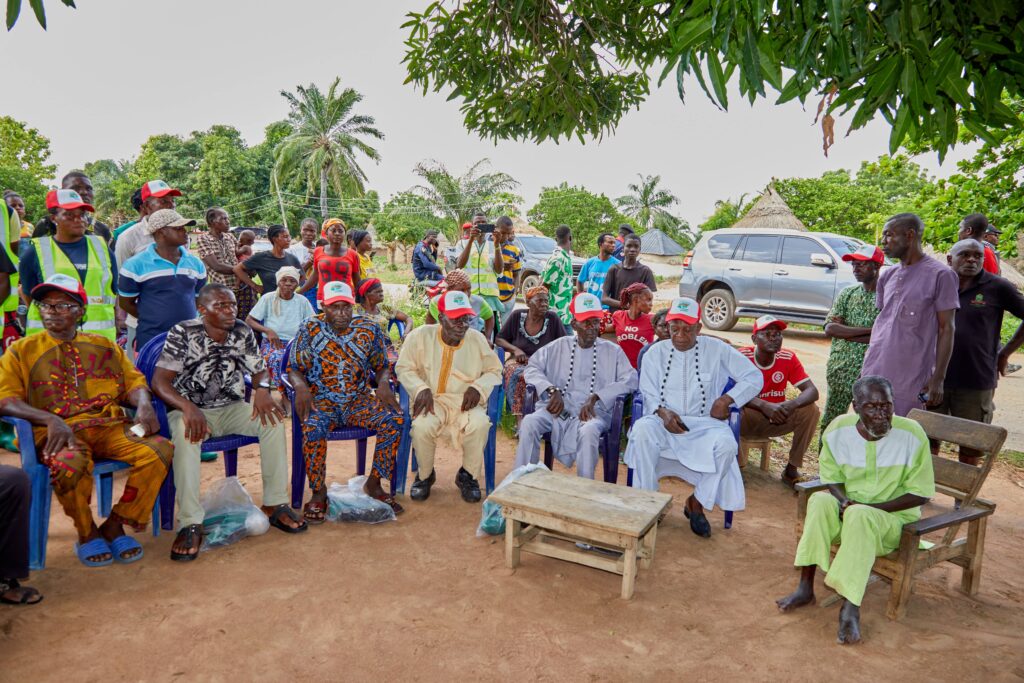
He lauded the positive impact of the project on their livelihoods and environment. However, he also seized the opportunity to appeal to the ACReSAL team for further assistance. “We are incredibly grateful for what ACReSAL has done for our community,” Chief Viakaa said. “However, we have a long-standing request. Our famous Akata Lake, which was once a popular tourist attraction, has fallen into disrepair. We believe that with the support of ACReSAL, we can revive this lake and restore it to its former glory, creating jobs and boosting tourism in our community.”
Prof Olukayode Oladipo, leading the World Bank team, acknowledged the community’s request and assured them that he would convey their concerns to the ACReSAL Project management for consideration and potential intervention. He was accompanied on the visit by the ACReSAL State Project Coordinators of Bauchi, Dr. Ibrahim Kabir; Katsina, Alhaji Halliru Mohammed; and Kebbi, Shehu Alhaji Mohammed, underscoring the collaborative nature of the ACReSAL project and its commitment to regional development.
The visit highlighted the crucial role of the ACReSAL Project in promoting sustainable development and improving the livelihoods of communities in Benue State. By addressing environmental challenges, fostering sustainable agricultural practices, and creating economic opportunities, the project is contributing to building resilience and ensuring a brighter future for the region. The World Bank’s continued support for the ACReSAL Project demonstrates its commitment to investing in sustainable development and empowering communities to build a more prosperous and resilient future.
